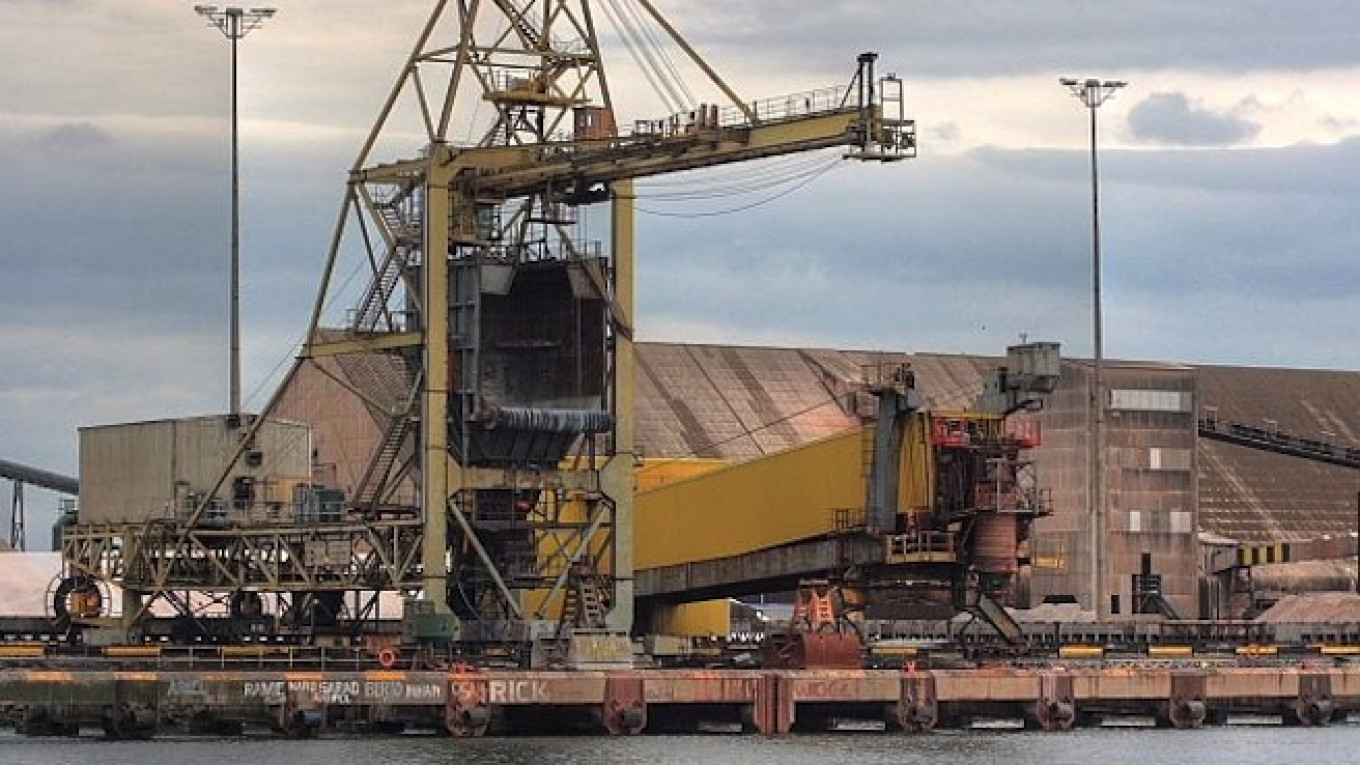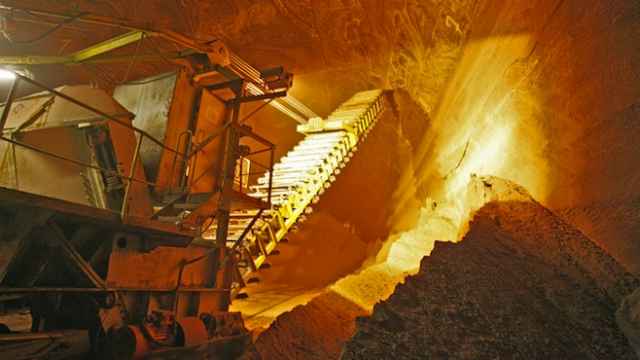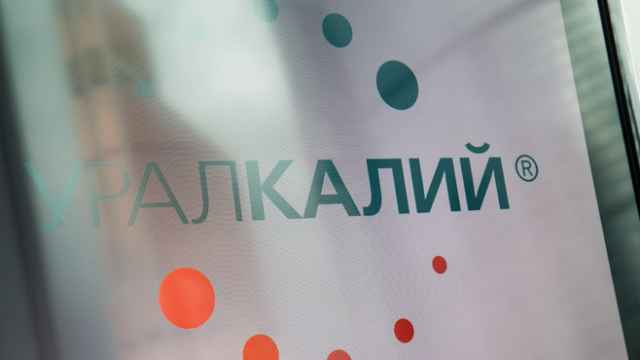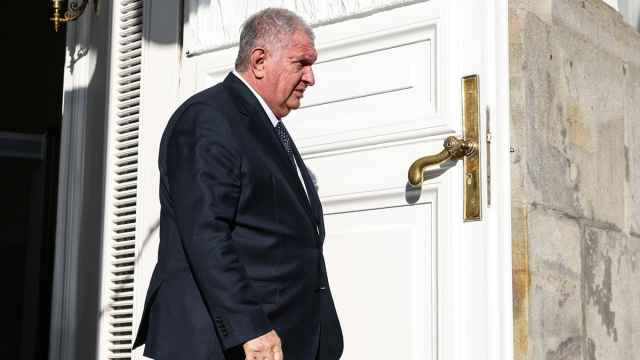NEW YORK — Russia's EuroChem is open to selling potash fertilizer together with rival Uralkali once it finishes building two mines, but it is too soon to pursue the idea, a senior executive in the private company said.
"Everything is possible but we haven't had any discussions, even internally," Chief Financial Officer Andrey Ilyin said Thursday at a BMO investor conference in New York.
EuroChem, which has revenues of $5 billion, expects to complete construction of its Volgakaliy and Usolskiy mines in Russia's Volgograd and Perm regions respectively by late 2017.
Ilyin said EuroChem may produce 1 million tonnes of potash in 2018, climbing to 5 million by 2020.
By 2023, when EuroChem expects to have reached capacity of 8.3 million tonnes, much may have changed in the potash sector, Ilyin said. Two years ago, Uralkali and Belaruskali severed their own arrangement to market potash together through Belarusian Potash Company (BPC), causing prices to crash.
If EuroChem reaches its goal of becoming the world's lowest-cost potash producer, selling the fertilizer with another player may make less sense, Ilyin said.
"On the other side, it could be the glue that glues BPC back together," he said.
In September, Uralkali head of sales Oleg Petrov said he saw potential for co-operating on trading with EuroChem.
Russia's third-largest fertilizer maker, owned by Russian tycoon Andrei Melnichenko, EuroChem currently produces nitrogen and phosphate fertilizer.
EuroChem is among a handful of potash companies that is expanding despite analyst warnings that capacity is growing faster than demand.
EuroChem can afford to proceed, however, because of its access in Russia to cheap labor, materials and mining machinery, Ilyin said in an interview.
"We should be able to build not just the lowest operating cost mines, but also the lowest capital cost [mines] in the world," he said.
The company is also considering construction of up to five ammonia and urea plants during the next decade. It is looking closely at plants near the Baltic Sea and in the U.S. state of Louisiana in particular, Ilyin said.
A Message from The Moscow Times:
Dear readers,
We are facing unprecedented challenges. Russia's Prosecutor General's Office has designated The Moscow Times as an "undesirable" organization, criminalizing our work and putting our staff at risk of prosecution. This follows our earlier unjust labeling as a "foreign agent."
These actions are direct attempts to silence independent journalism in Russia. The authorities claim our work "discredits the decisions of the Russian leadership." We see things differently: we strive to provide accurate, unbiased reporting on Russia.
We, the journalists of The Moscow Times, refuse to be silenced. But to continue our work, we need your help.
Your support, no matter how small, makes a world of difference. If you can, please support us monthly starting from just $2. It's quick to set up, and every contribution makes a significant impact.
By supporting The Moscow Times, you're defending open, independent journalism in the face of repression. Thank you for standing with us.
Remind me later.






